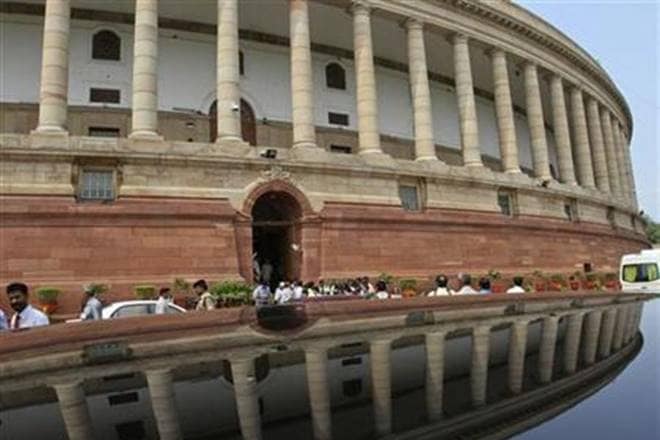The Narendra Modi government on Wednesday unleashed its much-delayed labour reform agenda by introducing in the Lok Sabha the code on wages that proposes a universal minimum wage for the entire working population, including unorganised sector workers, across the country. The wage code will subsume four existing central labour legislations — The Minimum Wages Act, 1948, The Payment of Wages Act, 1936, The Payment of Bonus Act, 1965 and The Equal Remuneration Act, 1976.
“The wage code is for simplification, rationalisation and making it less cumbersome. No way workers’ right is being infringed. It’s going to bring in a historical change in the wages for workers and universal minimum wages will be implemented for the first time,” labour minister Bandaru Dattatreya said, introducing the Bill.
“Forty crore unorganised sector workers can avail the universal minimum wage. The Bill has a very large perspective. It is in no way exploitation of workers,” he added.
Currently, workers employed in scheduled employment sectors where at least 1,000 people are employed such as agriculture, mining and construction get a minimum wage. There are 45 such sectors in the central sphere and 1,709 listed by the state governments.
The current minimum wage for an unskilled agriculture labourer in the central sphere is Rs 300 per day, while an unskilled person working in the non-agriculture sector is entitled to get Rs 350 a day. Minimum wages vary from state to state and in most cases, it is much lower than the Central sector.
To bridge the gap, the Centre introduced the concept of a national floor level minimum wages (NFLMW) in 1991, but that also failed to make any major difference since it is only suggestive in nature and has no statutory backing. The NFLMW now stands at Rs 176 per day. Once the code on wages is passed in Parliament, it will apply to the entire working population of the country and there will be no scheduled or non-scheduled employment categories, currently prevalent.
Economists have, however, already denounced the proposal of a universal national minimum wage, saying that it will lead to more mechanisation and thus cause a fall in employment.

